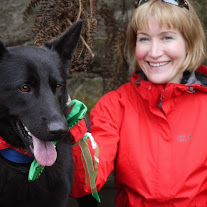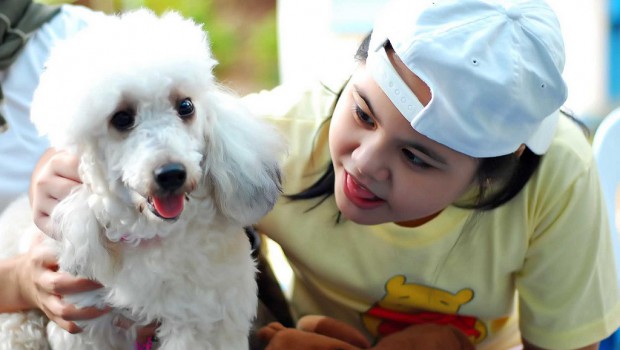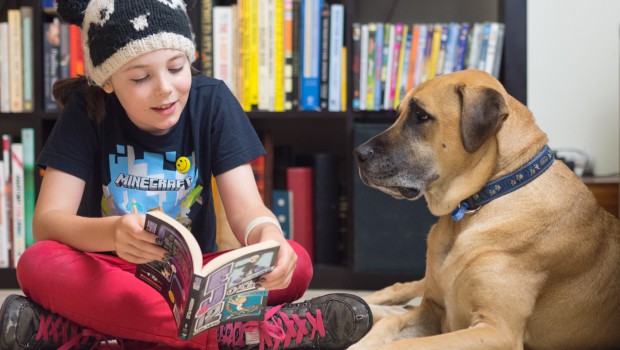How do parents of children with autism spectrum disorder (ASD) perceive the value of assistance dogs?
It’s a new area of research for Louise Burgoyne at the University College Cork in Ireland.
Louise holds a PhD in Epidemiology and Public Health, a Masters in Marketing and a Bachelor of Art in Applied Psychology.
She also has a gorgeous German Shepherd, named Kyla, who she participates with in search and rescue, as an Irish Search Dog member.
In this episode, we hear from Louise about her research investigating the effects of assistance dogs to children with autism spectrum disorder and their families.
Podcast
Publications

Burgoyne, L., Dowling, L., Fitzgerald, A., Connolly, M., Browne, J. P., & Perry, I. J. (2014). Parents’ perspectives on the value of assistance dogs for children with autism spectrum disorder: a cross-sectional study. BMJ open, 4(6): e004786. [Open Access]
Berry, A., Borgi, M., Francia, N., Alleva, E., & Cirulli, F. (2013). Use of assistance and therapy dogs for children with autism spectrum disorders: A critical review of the current evidence. The Journal of Alternative and Complementary Medicine, 19(2), 73-80.
O’Haire, M. E. (2013). Animal-assisted intervention for autism spectrum disorder: A systematic literature review. Journal of autism and developmental disorders, 43(7), 1606-1622.
Davis, B. W., Nattrass, K., O’Brien, S., Patronek, G., & MacCollin, M. (2004). Assistance dog placement in the pediatric population: Benefits, risks, and recommendations for future application. Anthrozoos: A Multidisciplinary Journal of The Interactions of People & Animals, 17(2), 130-145.
Links
Louise Burgoyne: University College Cork Profile
Louise’s other publications on Research Gate
Video – What is autism (a quick refresher)
Header image via Flickr/Paolo Manalac





